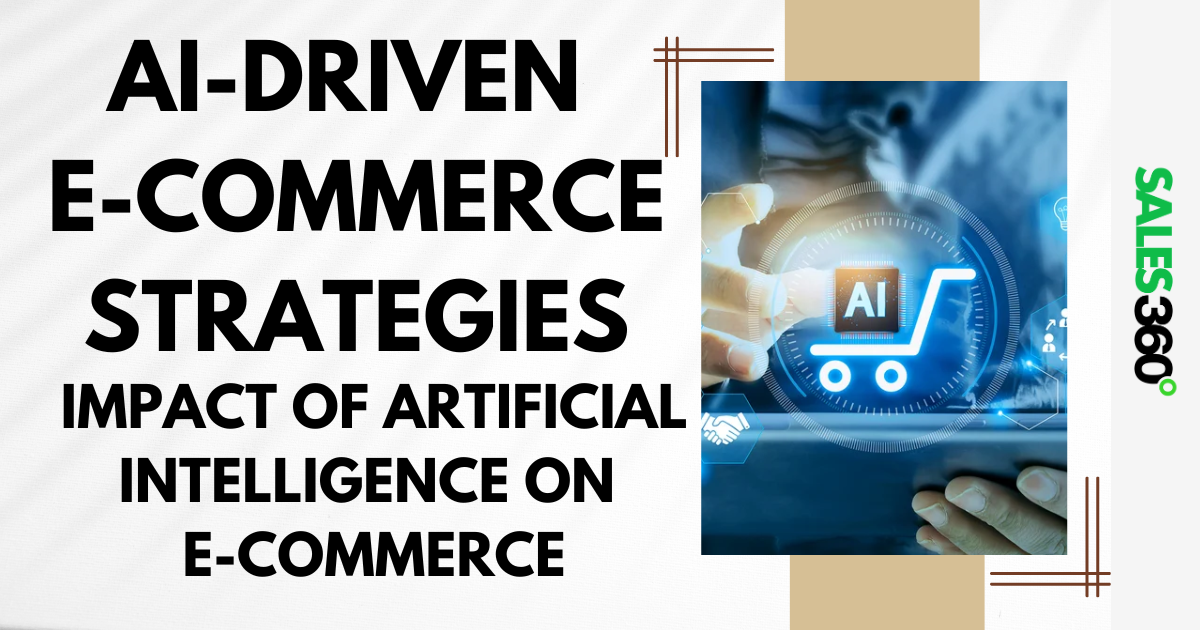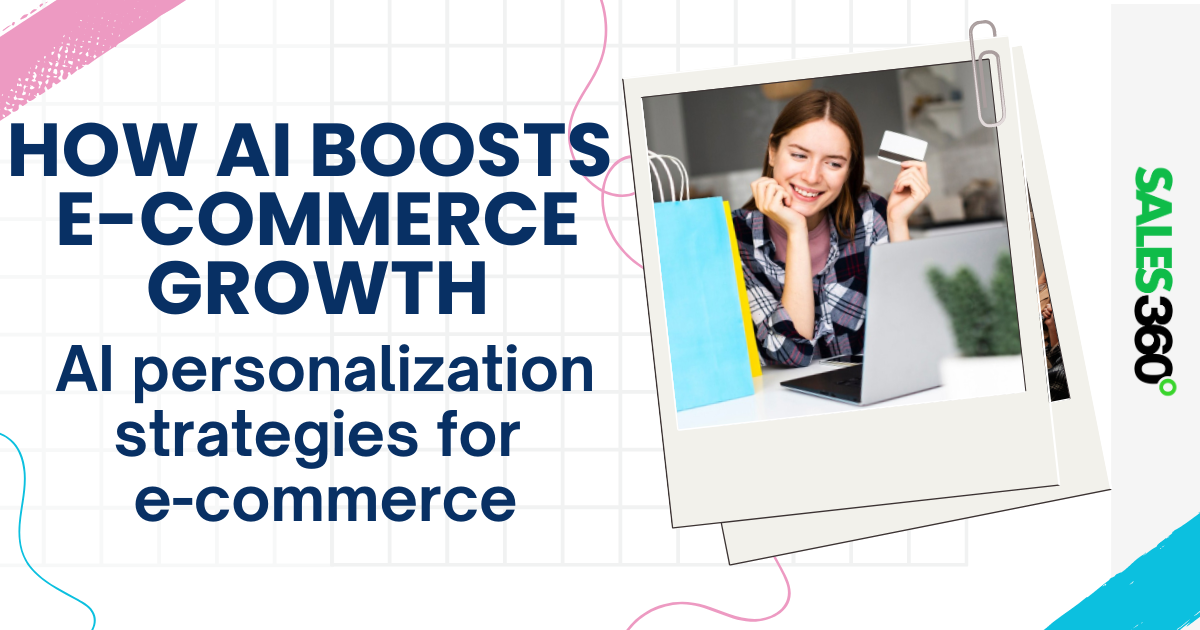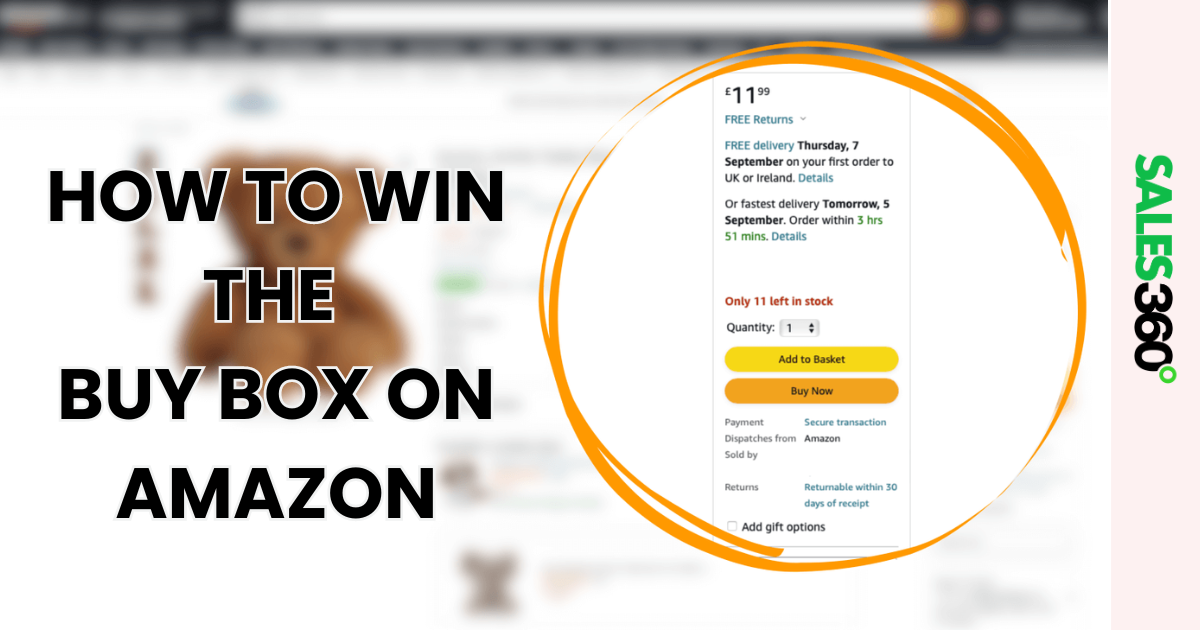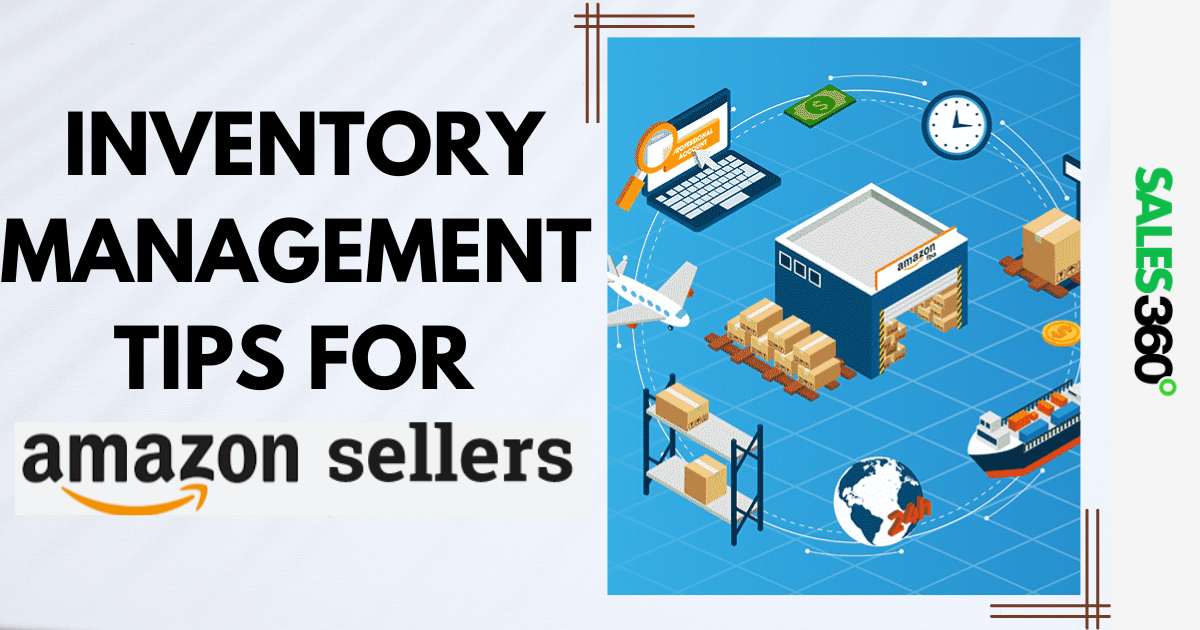
Product Recommendation Engines: What Are They and How Do They Work?
As ecommerce continues to grow, brands are constantly searching for ways to offer personalized shopping experiences, increase customer retention, and boost sales. One of the most powerful tools that ecommerce brands have adopted is the Product Recommendation Engine (PRE). These engines analyze customer behavior and offer tailored product suggestions, improving the overall shopping experience and driving significant business results.
In this article, we’ll explore how product recommendation engines work, their benefits, key features, real-life examples of brands using them successfully, and the future trends shaping ecommerce.
A Product Recommendation Engine (PRE) is a system designed to analyze user behavior, preferences, and interactions to provide personalized product suggestions in real-time. These engines use machine learning and AI algorithms to make decisions based on large sets of data, such as browsing history, purchase history, and product views. By doing so, they predict what a user might be interested in, increasing the chances of a conversion.
There are three primary methods used by recommendation engines:
- Collaborative filtering: Suggests products based on the preferences of similar users.
- Content-based filtering: Recommends products similar to the ones a user has interacted with.
- Hybrid approach: Combines the strengths of both collaborative and content-based filtering for more accurate recommendations.
The Benefits of Implementing Product Recommendation Engines for Ecommerce Brands
Product recommendation engines provide several benefits that make them a game-changer for ecommerce brands:
- Increased Sales: By showing relevant products to users, PREs increase the likelihood of purchase. For example, when Amazon introduced its recommendation engine, it attributed 35% of its total sales to product recommendations.
- Improved Customer Experience: Personalized shopping experiences help customers find products they are interested in faster, leading to more satisfied customers. By reducing the time and effort a shopper needs to search for products, PREs enhance the user experience.
- Boost in Conversion Rates: Personalization drives higher conversion rates. When customers receive relevant suggestions, they are more likely to add products to their cart and complete purchases.
- Higher Customer Retention: Recommendation engines can be used to encourage repeat purchases by suggesting complementary products or items that match previous purchases, keeping customers engaged with the brand.
Key Features to Look for in an Effective Product Recommendation Engine
When selecting a product recommendation engine for your ecommerce business, certain features are critical for optimal performance and results:
- Advanced Recommendation Algorithms: The engine should support multiple types of algorithms, including collaborative filtering, content-based filtering, and hybrid approaches, to deliver accurate recommendations.
- Real-Time Data Processing: Instant recommendations based on real-time interactions allow for more relevant suggestions at the exact moment a customer is making purchasing decisions.
- User Segmentation Capabilities: The ability to categorize users based on demographics, behaviors, and preferences enables more precise targeting and personalization.
- Integration with Existing Systems: Seamless integration with existing ecommerce platforms, CRM systems, and other data sources is essential for the engine to work efficiently without disrupting current workflows.
- Analytics and Reporting Tools: A recommendation engine should offer insights into customer behavior, sales conversions, and recommendation performance, allowing businesses to refine their strategies continuously.
Top Examples of Successful Ecommerce Brands Using Product Recommendation Engines
Some of the world’s largest ecommerce and digital service providers have built their success around effective recommendation engines:
- Amazon: The Amazon recommendation engine is often cited as one of the best in the industry. It uses collaborative filtering and customer behavior analysis to show users related products, “frequently bought together” suggestions, and personalized product recommendations.
- Netflix: Netflix’s recommendation engine is famous for its ability to predict what a user would like to watch next. Its engine considers a wide range of factors, including past viewing habits and ratings, to keep users engaged.
- Spotify: Spotify’s personalized playlists, such as “Discover Weekly,” are based on content-based filtering and collaborative filtering. They curate songs and playlists based on listening patterns and preferences of similar users.
- Sephora: Sephora uses a recommendation engine to suggest beauty products based on previous purchases and customer preferences, driving personalized engagement and higher sales.
Challenges and Considerations When Implementing a Product Recommendation Engine
Despite their advantages, implementing a product recommendation engine comes with challenges:
- Data Privacy and Compliance: Handling user data comes with concerns around privacy and regulations like GDPR and CCPA. Ensuring data is collected and used ethically is critical.
- The “Cold Start” Problem: For new users or products with little to no interaction data, generating relevant recommendations can be challenging. Hybrid algorithms can help alleviate this issue, but it still requires careful consideration.
- Integration Complexity: Integrating a recommendation engine into existing systems may require significant resources. Ensuring that the engine can communicate with other parts of the ecommerce platform is key to its success.
The Future of Ecommerce: How AI-Driven Recommendations Will Shape Shopping Experiences
As ecommerce continues to evolve, AI-driven product recommendation engines will play an even bigger role in shaping the customer journey. Here are some key trends that will define the future of ecommerce personalization:
- Hyper-Personalization: Moving beyond basic recommendations, AI will enable hyper-personalized experiences where every aspect of the shopping journey, from product selection to checkout, is tailored to the individual user.
- Voice and Visual Search Integration: As more users engage with ecommerce platforms through voice assistants and visual search tools, recommendation engines will need to integrate these functionalities to deliver relevant suggestions.
- Augmented Reality (AR): AR will transform how customers experience products online. For example, IKEA’s app lets users see how furniture would look in their homes using AR, while recommending complementary products based on their choices.
- Increased Focus on First-Party Data: As third-party cookies phase out, ecommerce brands will need to rely more on first-party data collected from direct interactions with customers. AI-driven engines will use this data to deliver more accurate recommendations.
Conclusion: Embrace the Power of Product Recommendation Engines to Transform Your Ecommerce Strategy Today!
In today’s competitive ecommerce landscape, product recommendation engines are essential for brands looking to enhance customer experiences, boost sales, and build long-term loyalty. By leveraging AI and machine learning, these engines provide personalized shopping experiences that can drive higher conversions and improve customer satisfaction.
Forrester’s Global Retail E-Commerce Forecast 2024-2028 and 2024 State of B2B Ecommerce Report offer crucial insights into the future of online retail and B2B e-commerce. These reports provide an in-depth analysis of market trends, consumer behaviors, and the transformative impact of technology on retail. As businesses navigate the rapidly evolving landscape, understanding these trends will be critical for staying competitive and driving growth.
Ecommerce businesses that embrace product recommendation engines will be well-positioned to thrive in the evolving digital landscape. As consumer preferences shift and technologies like AR, AI, and voice search become more prominent, brands must stay ahead by implementing and optimizing their recommendation strategies.




